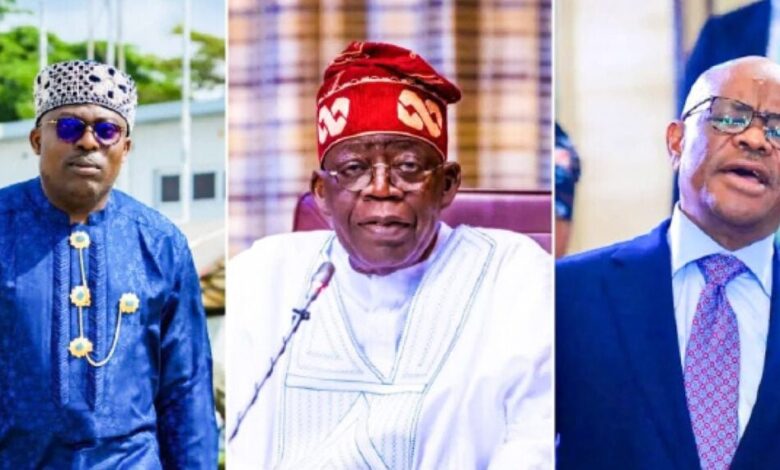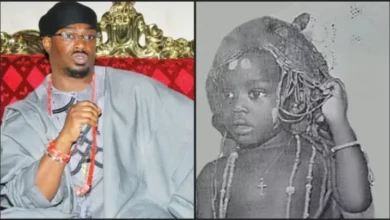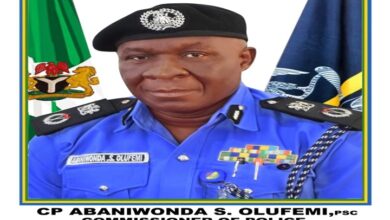Rivers crisis would have remained unresolved without Tinubu’s intervention — Tonye Cole

(DDM) – Governor Siminalayi Fubara of Rivers State is set to return to office on Thursday, September 18, 2025, following the expiration of the six-month state of emergency declared by President Bola Ahmed Tinubu.
Diaspora Digital Media (DDM) gathered that Fubara, his deputy Ngozi Odu, and the Rivers State House of Assembly were suspended in March 2025, after months of fierce political battles that paralyzed governance in the oil-rich state.
At the heart of the crisis was Fubara’s face-off with his political godfather and predecessor, Nyesom Wike, now serving as Minister of the Federal Capital Territory.
What began as subtle disagreements after Fubara assumed office in May 2023 escalated into violent confrontations, rival legislative factions, and a total breakdown of governance.
The standoff spiraled through courtrooms, protests, defections, and even bomb attacks, with over 60 major incidents shaping one of Nigeria’s most chaotic state political dramas.
Among the defining events was the burning of a section of the Rivers Assembly complex on October 29, 2023, followed the next day by the suspension of four lawmakers and the initiation of impeachment proceedings against Fubara.
On October 30, 2023, Edison Ehie declared himself Speaker, deepening the division in the Assembly.
By December 13, 2023, Governor Fubara ordered the demolition of the Assembly complex, a move that shocked the nation and further hardened rival camps.
Resignations of commissioners, defection of 27 lawmakers, and conflicting court rulings added to the atmosphere of lawlessness.
On December 18, 2023, President Tinubu intervened with an eight-point resolution signed by both factions, but peace proved elusive as hostilities quickly resumed.
Through 2024, Fubara continued to govern with the backing of a minority Assembly faction led by Victor Oko Jumbo, while the Martins Amaewhule group of 27 lawmakers secured favorable court rulings affirming their authority.
Multiple rulings from the Federal High Court and the Court of Appeal consistently nullified Fubara’s budgets, froze state accounts, and restrained him from controlling Assembly funds.
By mid-2024, dynamite explosions during protests, the sealing of local government secretariats, and the resignation of key commissioners reflected a state teetering on the brink of collapse.
The Supreme Court’s intervention on February 28, 2025, marked a turning point.
The court recognized Martins Amaewhule as Speaker, nullified all actions by the Oko Jumbo faction, upheld the freezing of Rivers State’s accounts, and invalidated the controversial local government elections.
Faced with a total constitutional paralysis, President Tinubu declared a state of emergency on March 18, 2025, suspending the Governor, Deputy Governor, and Assembly.
The National Assembly swiftly approved the proclamation, handing control of the state to Abuja.
Six months later, with signs of reconciliation and a fragile truce emerging among Rivers’ political stakeholders, President Tinubu announced the end of emergency rule and Fubara’s reinstatement.
Analysts say the return of the Governor marks a critical juncture for Rivers politics, but questions remain about whether old wounds can truly heal.
The crisis, they note, has redefined political alignments in Nigeria’s South-South region and set new precedents for federal intervention in state governance.
As Fubara resumes office tomorrow, observers believe his ability to mend ties with the Assembly and contain Wike’s influence will determine the stability of Rivers State in the months ahead.
Post Views: 14





